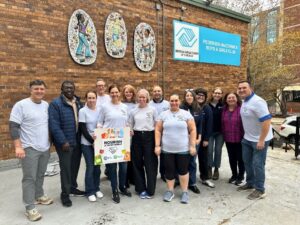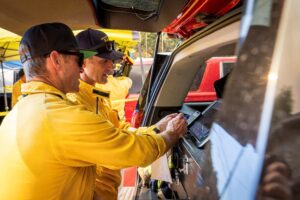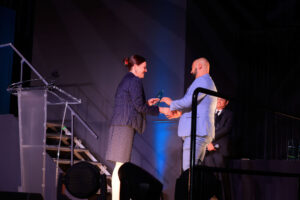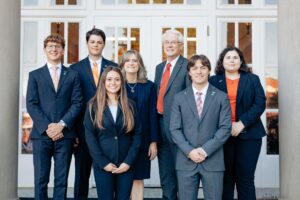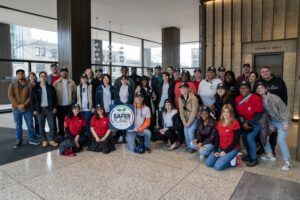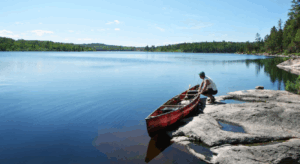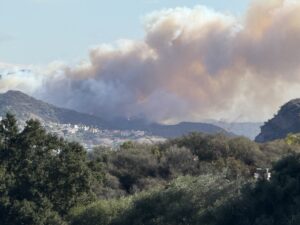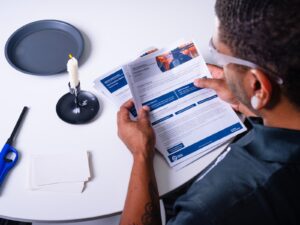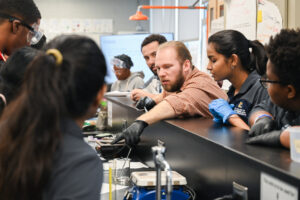ULRI Takes Aim at Emerging Global Safety Challenges With Science Research Funding
UL Research Institutes (ULRI) is targeting several emerging safety issues with a new $7 million grant program that aims to build partnerships with researchers around the world, ULRI leaders told potential grant applicants during a recent webinar.
Launched in December, ULRI’s new Discoveries in Safety Grants Program is an open competitive grant program that will provide funding for more than 10 awards of up to $200,000 each per year for a three-year period. Some 80 attendees tuned in to a Jan. 17 University-Industry Demonstration Partnership online seminar on the grant program, which ULRI leaders say aims to build complementary research partnerships to tackle today’s increasingly complex and urgent global safety challenges.
“It’s really important for any organization that’s interested in research to leverage its impact by building partnerships with organizations that have complementary capabilities, organizations that have aligned interests,” said Christopher J. Cramer, ULRI interim president and chief research officer. “The whole would be greater than the sum of the parts.”
During a panel discussion that included research topic overviews by ULRI’s Digital Safety Research Institute (DSRI) Executive Director Jill Crisman, Fire Safety Research Institute (FSRI) Executive Director Steve Kerber, and Office of Research Experiences and Education (OREE) Senior Director Kelly Keena, ULRI leaders outlined some of the safety science research issues they’re asking grant applicants to consider. Several are evolving concerns or relatively new to the safety science landscape.
For example, Crisman highlighted DSRI’s work to create measures of digital safety — an outgrowth of the emergence of artificial intelligence in everyday life. FSRI’s Kerber pointed to evolving fire safety challenges — such as the risk of fire from lithium-ion batteries and wildland-urban interface fires spurred by climate change — as he discussed five areas of ongoing and future research projects.
“All of this means that there are more hazards to occupants and firefighters than we’ve ever seen before,” Kerber said.
Keena spoke about OREE’s work to foster the next generation of safety scientists through safety science education. “We want to build the future of safety science by investing in youth with resources, time, effort, and support,” Keena said. “And we also believe that safety must include foundations in education and equity and opportunity for all communities.”
Also of particular interest to ULRI are proposals related to:
- Advanced gas sensors that would detect possible thermal runaway in lithium-ion batteries
- Eco-remediation and long-duration energy storage solutions
- Emerging chemical threats to human and environmental health
Research letters of intent are due Feb. 16. Find more information about ULRI’s grant program online.
PUBLISHED

